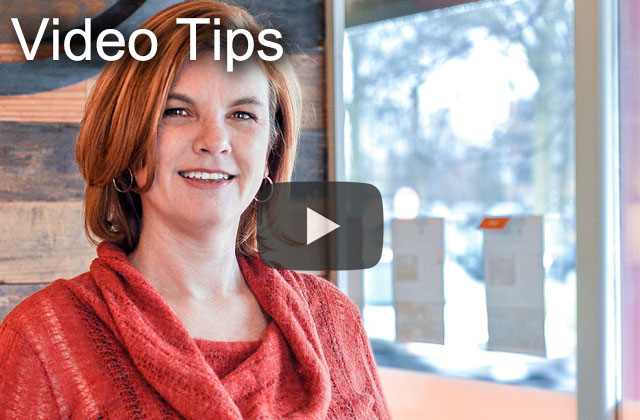Distinguish Between Needs & Wants:
Make a list of what you must have in a home, and really stick to the basics. Focus on the number of bedrooms, bathrooms, floor plans, location, parking situation and price.
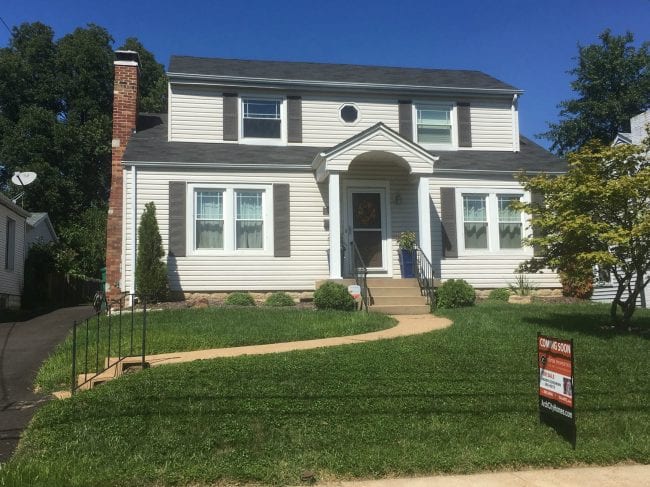
One method of distinguishing between Needs & Wants is to make a list of everything you hope to find in your new home. Then take each item, one at a time, and decide if you could live without that item if the home was perfect in every other way. If you might still consider the home, then that item should be marked a Want and not a Need.
Pick a Buyer’s Agent:

The internet can provide you plenty of useful information to start learning about the home buying experience, but nothing compares to working with a real estate agent who can help you through the maze of details involved in purchasing your first home.
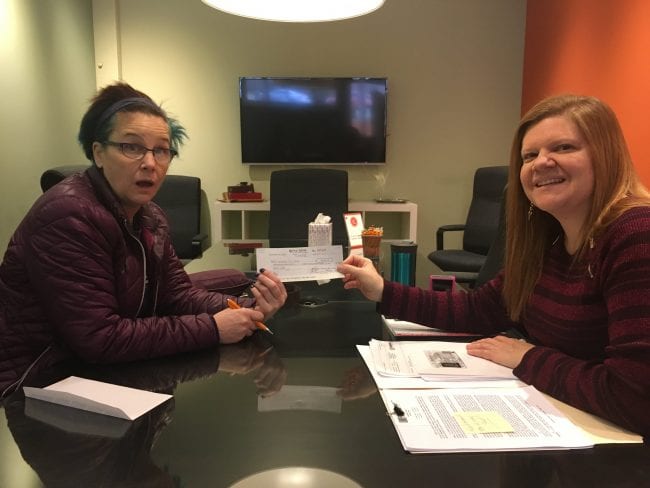
Every area has unique contract and title issues, and you need a Realtor that understands your local market. Real estate attorneys can help you understand contract issues, but they won’t attend the building inspection with you or join you for the final walk-through.
Without a Realtor, you’ll be on your own to sort through all of the details, and your lack of knowledge could be very costly if something gets overlooked.
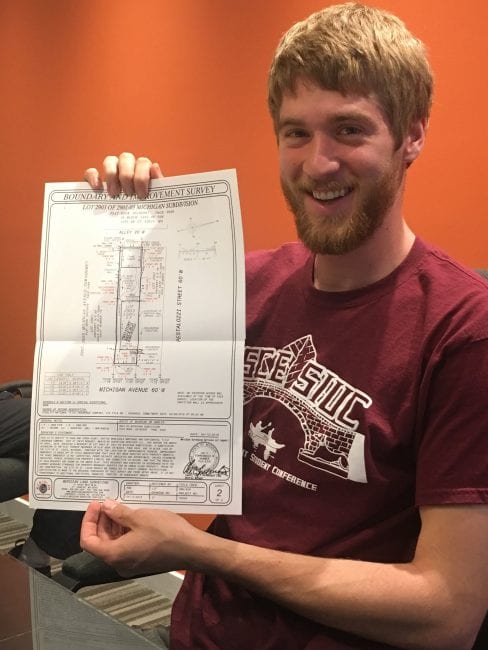
Your Realtor will help you:
- Identify properties that are in your price range, including some areas you might not have otherwise considered
- Obtain a pre-approval so you can be taken seriously when you submit an offer
- Write an offer to purchase a home including making suggestions on items that you want included in that offer (there is a lot more to a contract besides just the price)
- Negotiate ALL the terms of the contract (again…there are other things that are important in addition to price)
- Deal with dozens of contract details once you have an accepted contract including appraisals, loan commitment, building, environmental, utility and municipal inspections, repair negotiations, title work, and settlement statement review.
- Meet you at the home prior to the closing for a final walk-through and mediate with the listing agent & seller if there are any last minute issues.
Select a Lender and get Pre-approved:

Before you start looking with your Realtor, you need to know what you can afford.
Make a budget and decide how much you can afford in a monthly payment including your mortgage, real estate taxes and homeowner’s insurance. Figure out how much money you have in savings to use for a down payment, and don’t forget to factor in $4,000-$6,000 for closing costs fees (maybe more…check with your lender). If you don’t have the money for closing costs, you might be able to have the seller pay your closing costs and be able to get down payment assistance funds.
Talking to a lender can help you sort through all the financing options. Once you’ve decided how much you can afford and which type of loan is best for you, ask your real estate agent for a reputable lender with competitive fees who hits all of the contract deadlines AND attends the loan closing.
Your safest bet is a bank or mortgage company that has a brick & mortar building in your city.
Typical Contingencies:
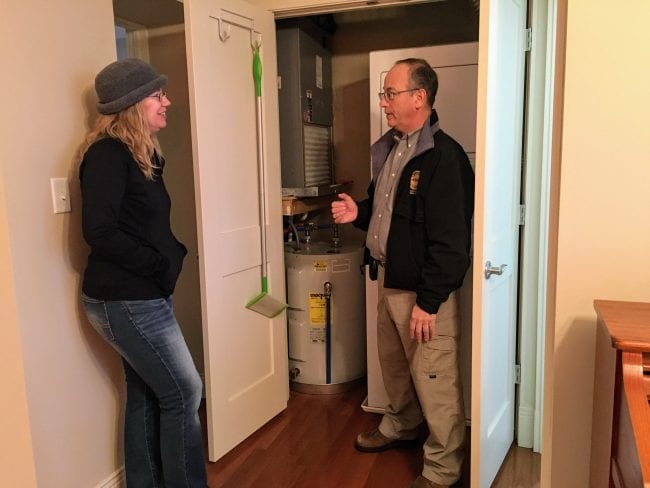
After you get an offer accepted in St. Louis, you’ll need to work through some or all of these contingencies:
- sale of your current home
- backup to primary contract
- inspections
- loan approval
- appraisal
- municipal inspection
- insurance
- condo financials and rules
- survey
- title work
- subdivision indentures
- possession before closing
- walk through
Don’t worry. Your Realtor should take the lead on all of these issues for you.
Other Details you Need to Know:
Earnest Money:
When you make an offer on a property, you need to be prepared to write an earnest money check. The earnest money check is basically ‘good faith’ money. Since it is money that you would forfeit if you breached the contract, it shows that you are serious about buying the home.
Your Realtor can help you decide how much you need to put down up front, but St. Louis area sellers usually expect somewhere between 1-2% of the sale price.
The earnest money is applied toward your down payment and closing costs and will be subtracted off of what is due on closing day.
Home Protection Plan:
You’ll be expected to pay for one year of homeowner’s insurance upfront no later than closing day. Call around to get the best rates, and consider getting your homeowner’s insurance and car insurance from the same company…you’ll get a discount.
Most of the time, you’ll want to ask for a home protection plan. A home protection plan can protect you from unexpected repair bills during your first year of home ownership.
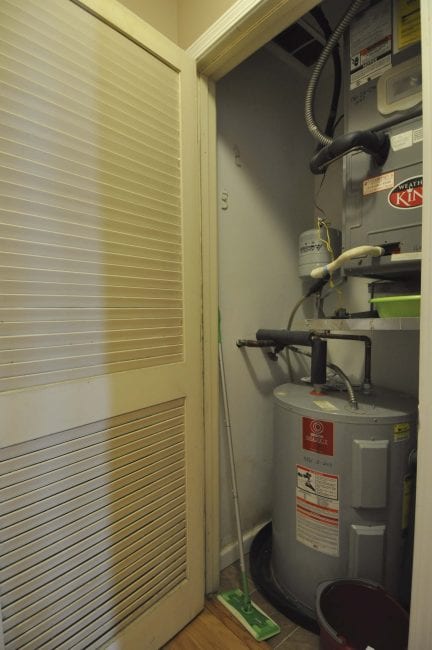
On the other hand, if most of the major systems have been recently replaced, then it might be better to focus on getting other things you want (like the refrigerator) rather than having the seller pay for something you are unlikely to need.
Welcome to your new Home:
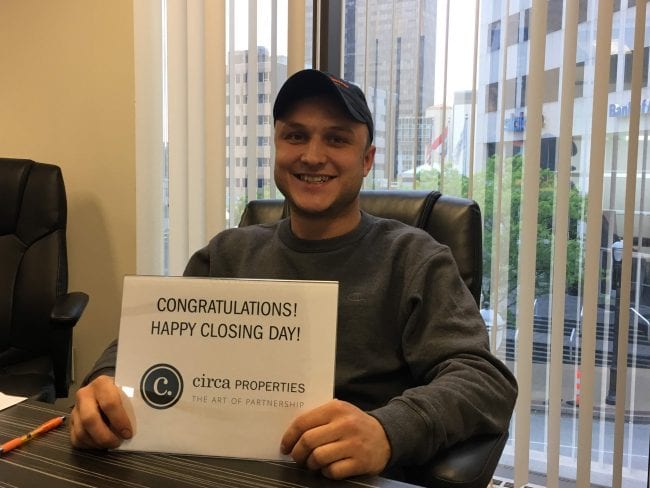
Becoming a homeowner for the first time is really exciting, so enjoy the process.
Don’t let yourself get overwhelmed with all the details.

Let your Realtor guide you through the process, and before you know it, you’ll be handed the keys to your new home!








